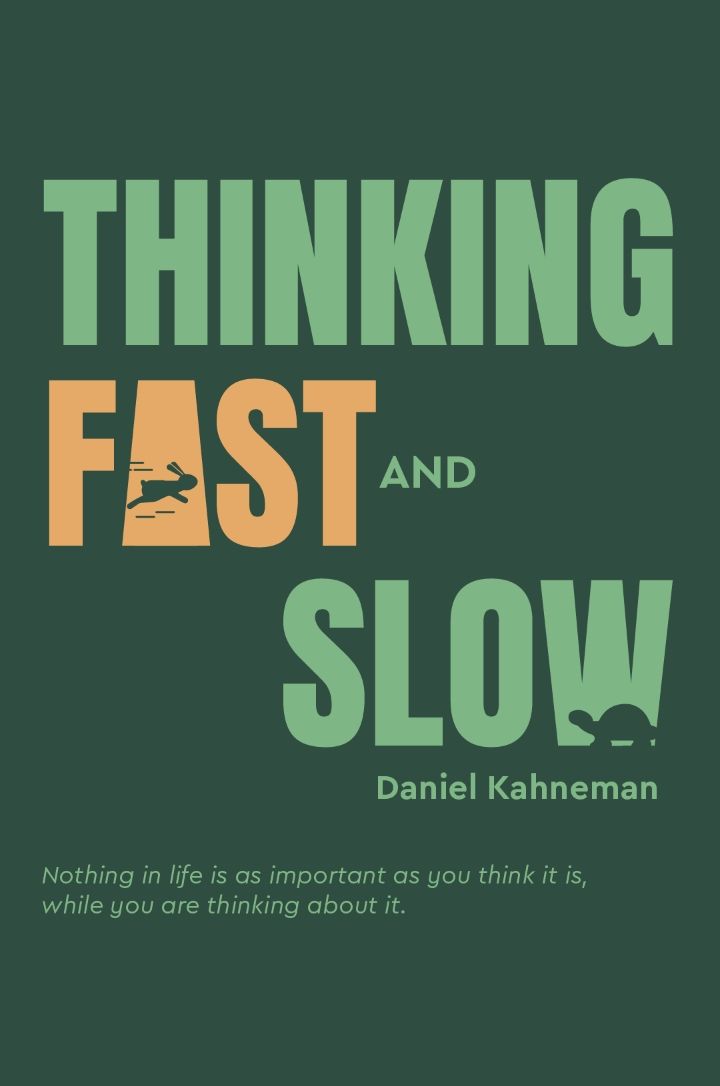Audio available in app
System 1 is prone to errors and biases from "summary" of Thinking, Fast and Slow by Daniel Kahneman
As you navigate the world, your mind effortlessly generates impressions and feelings, guided by System 1, which operates quickly and intuitively. This part of your mind is essential for survival, allowing you to react swiftly to danger without pausing to ponder. However, System 1 is not without its flaws. It tends to jump to conclusions based on limited information, leading to errors and biases that can skew your perceptions and decisions. One common error that System 1 makes is substituting a difficult question with a simpler one. When faced with a complex problem, System 1 may unconsciously simplify it by substituting an easier question that it can answer quickly. This shortcut can lead to inaccurate judgments because the simplified question may not capture the essence of the original problem. Moreover, System 1 is influenced by heuristics, mental shortcuts that help make decisions quickly but can also lead to biases. These biases stem from the brain's reliance on past experiences and associations to streamline the decision-making process. While heuristics are generally helpful, they can sometimes lead to errors by causing the mind to overlook relevant information or make faulty assumptions. Another source of error in System 1 is its susceptibility to cognitive biases, which are systematic patterns of deviation from norm or rationality in judgment. These biases can manifest in various forms, such as overconfidence, confirmation bias, and anchoring. Overconfidence, for example, can lead individuals to overestimate their abilities or the accuracy of their judgments, while confirmation bias causes people to seek out information that confirms their preexisting beliefs.- While System 1 is a powerful and efficient tool for processing information quickly, it is prone to errors and biases that can distort your perceptions and decisions. By understanding the limitations of System 1 and being aware of its tendency to take shortcuts, you can strive to mitigate these errors and make more accurate judgments in your daily life.


